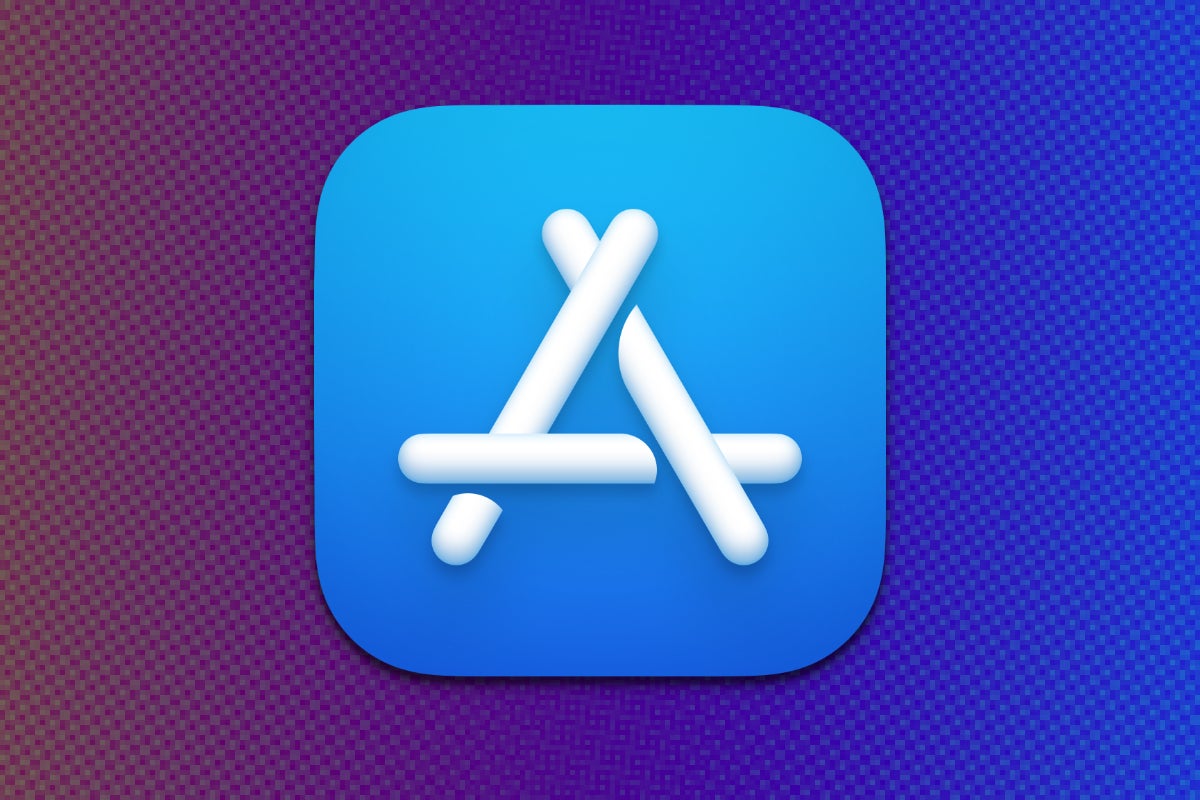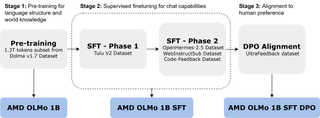
Apple has now printed its deliberate method to opening up its App Retailer in Europe. As predicted, critics don’t just like the plans, arguing (additionally as anticipated) they value an excessive amount of.
Apple additionally opened up the worldwide App Retailer to recreation streaming providers and can permit the NFC chip within the iPhone to assist providers apart from Apple Pay.
However what ought to the value of platform entry be — and is {that a} matter for regulators or for the market to determine?
Beneath the brand new European Union (EU) enterprise phrases, iOS apps distributed from the App Retailer and/or an alternate app market pays €0.50 for every first annual set up per yr over a 1 million threshold, Apple says. Builders who proceed to promote apps solely by way of the shop won’t be required to pay this.
The corporate argues that fwewer than 1% of builders can be impacted by the price. So, what are Apple’s plans to open up within the EU?
What Apple mentioned
Apple Fellow Phil Schiller took the rap for the workforce, stating: “The modifications we’re saying at present adjust to the Digital Markets Act’s necessities within the European Union, whereas serving to to guard EU customers from the unavoidable elevated privateness and safety threats this regulation brings. Our precedence stays creating the most effective, most safe potential expertise for our customers within the EU and all over the world.
“Importantly, builders can select to stay on the identical enterprise phrases in place at present if they like.”
Why is Apple doing this?
Apple has no alternative. The EU has handed legal guidelines (the Digital Markets Act, DMA) to power the corporate to open up its platforms this manner. With different nations already contemplating comparable guidelines, Apple clients in Europe have now become lab rats for a new way of doing business. The corporate, in the meantime, is interesting the DMA guidelines, however should take these steps all the identical.
What the plans imply for purchasers
Clients will be capable of buy software program for iOS gadgets exterior the App Retailer by way of extra fee programs. Nonetheless, Apple isn’t keen to depart its clients or platforms less private or secure, so it is placing numerous measures in place to guard them – although it warns “many dangers stay.’
These measures embrace:
- Notarization for iOS apps.
- Authorization for market builders.
- Buyer entry to a third-party contactless fee app or different app market as default.
- App Retailer options, together with Household Buy Sharing, that aren’t suitable with apps downloaded exterior the shop.
- Notification from Apple when an app customers obtain depend on different fee processing.
- Notification when an exterior transaction is made.
- Entry to banking and pockets apps apart from Apple Pay, as the corporate is opening up the NFC chip to assist these transactions.
- The flexibility to decide on your default contactless fee app by way of a brand new setting for contactless funds.
Apple will publish extra data to assist EU customers perceive and navigate the modifications as soon as they’re launched, warning these will embrace “a much less intuitive person expertise.”
This can embrace finest follow recommendation to assist clients keep secure when downloading apps and making funds exterior of its retailer.
What the modifications imply for builders
Builders will be capable of provide apps by way of their very own shops utilizing their very own fee processing programs.
In addition to allowing different fee programs and app sideloading, Apple will present:
- 600+ new APIs builders can use to supply apps exterior the Apple ecosystem.
- An enlargement of the app analytics Apple makes obtainable.
- Permitted use of other browser engines.
- The flexibility to submit extra requests for interoperability with iPhone and iOS software program options.
- Required submission of apps they hope to run on iOS to allow them to be reviewed and verified.
- Buyer entry to a third-party contactless fee app or different app market as default.
There can be extra data made obtainable on Apple’s Knowledge and Privateness website, the place EU customers will be capable of learn the way they’ve used the App Retailer and export it to a 3rd celebration.
What about refunds?
Refunds and misplaced account particulars are among the many commonest subjects folks elevate within the trendy app financial system. No shock: Apple is making it plain it won’t be able to situation refunds for funds made utilizing different fee processing suppliers.
It is usually warning that it is going to be “much less in a position” to assist clients who get scammed, and warns that App Retailer assist resembling Report a Downside gained’t be obtainable for apps bought exterior the shop — all of which must be moderately apparent given the cash went elsewhere.
What about cloud gaming providers?
Apple introduced it’s opening the App Store up to game-streaming services. “Builders can now submit a single app with the aptitude to stream all the video games supplied of their catalog,” it mentioned.
Mini-apps, mini-games, chatbots, and plug-ins will be capable of incorporate Apple’s In-App Buy system to supply customers paid digital content material or providers, resembling a subscription for a person chatbot, for the primary time.
The change is efficient instantly worldwide, although there can be some delay earlier than avid gamers on Apple’s platforms can get to make use of it. That’s as a result of recreation builders should first submit their apps to the shop.
What this implies is that in some unspecified time in the future customers can anticipate recreation builders providing their providers by way of Apple’s platforms.
You might argue that the transfer may additionally assist Apple shield itself towards ongoing motion within the UK, the place the Competitors and Markets Authority has launched an investigation into the distribution of cloud gaming providers by way of app shops on cell gadgets.
What else is altering?
There are extra modifications.
Apple is introducing a brand new alternative display screen that can seem when European customers first open Safari in iOS 17.Four or later. It is going to ask them to pick out a default browser to make use of on the system.
What it prices
For a lot of, the structure Apple is providing builders wanting to make use of these new permissions within the EU appears considerably onerous.
Builders should conform to a complete new set of enterprise phrases, for example. (They don’t should, after all – they’ll additionally follow the previous phrases and Apple’s App Retailer or agree the brand new phrases and use each.)
The phrases embrace a price construction. Apple says these charges mirror the way it creates alternative within the first place, together with its software program, platforms, working programs, and large person base.
Apple says it’s setting charges on the following degree:
- iOS apps on the App Retailer pays a diminished fee of both 10% (for the overwhelming majority of builders, and subscriptions following their first yr) or 17% on transactions for digital items and providers.
- Apps will be offered utilizing the App Retailer’s present fee processing system for a 3% price. Builders can as a substitute use a fee service supplier inside their app or hyperlink customers to their web site to course of funds for no extra price to Apple.
- Most controversially, iOS apps distributed from the App Retailer and/or an alternate app market pays €0.50 for every first annual set up per yr over a 1 million threshold.
- Apple has printed a price calculation instrument.
- The corporate has additionally shared an intensive assortment of data to clarify its scheme to builders.
What the critics say
Epic Video games CEO Tim Sweeney calls Apple’s plans a “devious new occasion of Malicious Compliance.”
He mentioned: “They’re forcing builders to decide on between App Retailer exclusivity and the shop phrases, which can be unlawful beneath DMA, or settle for a brand new also-illegal anticompetitive scheme rife with new Junk Charges on downloads and new Apple taxes on funds they don’t course of.
“There’s much more sizzling rubbish in Apple’s announcement,” he added, “It is going to take extra time to parse each the written and unwritten elements of this new horror present, so keep tuned.”
Sweeney isn’t alone.
Rick VanMeter, of the Coalition of App Equity, mentioned Apple’s plans don’t “obtain the DMA’s aim to extend competitors and equity within the digital market — it’s not truthful, cheap, nor non-discriminatory.”
The criticism shouldn’t be common.
Many proceed to level out that Epic costs its personal 12% price for video games it distributes, which strongly means that whereas there’s a dialogue round platform entry to be made, the price of entry hasn’t but been universally outlined.
However in case you anticipated an finish to the unending courtroom wrangle over this, you’ll be ready a while but. It appears possible Apple’s schemes can be challenged in court docket. However in the future we are going to get to a call that tells us how a lot digital shops like these can cost for entry. I doubt this can be free.
What are the dangers?
There are dangers. Apparent ones embrace fraudulent apps, malware-laden app shops, and fraudulent banking programs.
Much less apparent ones embrace hacks and assaults towards third-party providers, which can not provide the sturdy safety Apple can present to safeguard folks’s buying, tackle, or private knowledge.
It additionally appears potential some apps may lean closely into software program, notably advertisements software program, that Apple not permits on its platforms. Many of those dangers is perhaps mitigated by how the corporate is bringing the plan to the sunshine, however not all can be.
Apple’s danger protections embrace:
- A Notarization course of all apps distributed on the platform should undergo to make sure they’re secure.
- Required Notarization sheets, (which sound somewhat like Privateness Warnings on the App Retailer) that describe the app, the developer and so forth.
- Market builders who have to be licensed,
- Malware safety to precent apps from launching if they’re discovered to comprise malware as soon as put in on the system.
- App Monitoring Transparency to forestall dodgy monitoring by way of apps — it should proceed to work with apps distributed exterior the App Retailer.
The corporate warns that apps that depend on different browser engines (ie. apart from WebKit) may sluggish system efficiency or tax battery life. There’s greater than a grain of reality within the latter level – ask any Mac person how their system performs when working some browsers that haven’t been totally optimized for Mac.
Has Apple gone far sufficient?
Critics don’t assume Apple has performed sufficient but, however had been unlikely to be happy with something apart from free and common entry to Apple’s platforms, which is a place regulators are unlikely to assist. What’s possible is that parts of how Apple has architected the scheme can be challenged as will the charges over time.
When will Apple open up?
Apple will introduce these new measures in March 2024 with iOS 17.4. They’ll solely be obtainable in 27 EU nations.
Apple has printed detailed details about these modifications at its Developer Help website.
Please observe me on Mastodon, or be a part of me within the AppleHolic’s bar & grill and Apple Discussions teams on MeWe.




